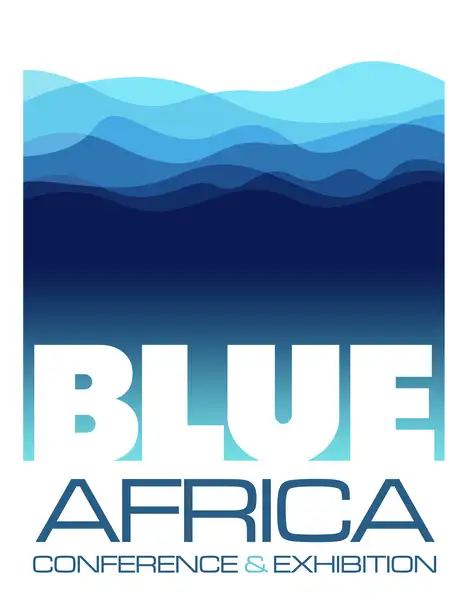Enhanced collaboration between governments, businesses, investors, communities and community-based organizations regarded as an avenue to spur Blue Economy growth.
by Blue Africa News
Blue economy experts are urging countries and economic sectors to work together in order to protect and sustainably use the ocean, with emphasis being laid on the “fact that a thriving blue economy cannot be built by any single government or group.”
Nomtha Hadi, a South African Blue Economy researcher interviewed by The Conversation, said conservation and sustainable use of the ocean stretches beyond a single government or group, noting that enhanced productive collaboration between governments, businesses, investors, communities and community-based organizations will spur growth in the sector, not only in Africa, but globally.
“Encouraging more cooperation between businesses and governments. This is important to help countries work together on key ocean industries. Working together supports blue economy growth,” the researcher said in the interview, published by the editorial platform that engages doctoral candidates and academics with doctorates, to write its stories.
The full story can be found here: The Conversation Africa
Africa, Dr. Hadi noted, has enormous blue economy potential, including the island states of Mauritius, Comoros, Seychelles and Madagascar, while 38 of the 54 countries in the continent are coastal states contributing hugely to the growth of industries such as aquaculture pharmaceutical and agrichemical bi-products, ocean carbon and marine renewable energy technologies among others.
“Already, freshwater and marine fish contribute to the food security of more than 200 million people in Africa. The continent’s fishing industry is vast. It includes inland and marine fisheries, processing facilities, licensing of local fleets of boats, and aquaculture. It provides employment for more than 12 million people on the continent,” she added.
Her views are echoed by Nayan Sarmah, a strategic leader in global business operations, who indicates that Africa’s Blue Economy requires balancing between extraction and regeneration for sustainability.
“If Africa can scale marine governance, sustainable finance, and regional cooperation, it could unlock prosperity without repeating the extractive mistakes of land-based industries,” Sarmah wrote in a recent LinkedIn post.
Pollution has been identified as one of the major challenges bedeviling Africa’s blue economy, with the African Union (AU) 2050 Africa Integrated Maritime Strategy seeking to address some of those challenges.
“Africa’s inland waters, oceans and seas are under pressure due to the rise in intensity of activities at sea, insecurity, various forms of illegal trafficking, degradation of the marine environment, falling biodiversity and aggravated effects of climate change,” the strategy reads, in part.
The 2050 Africa Integrated Maritime Strategy, AU says, is a plan for how the blue economy could speed up economic transformation and sustainable development in Africa.
Additionally, it sets out how Africa’s maritime domain could be exploited without damaging the marine environment.
This week, (23–25 September 2025), the African Union Commission (AUC), in collaboration with the United Nations Development Program (UNDP) is hosting the second edition of Africa Blue Economy Week, culminating in the African Day of Seas and Oceans on 25 September.
This year’s gathering is building on the successes of 2024; as leaders, experts and stakeholders reflect on achievements, opportunities, and challenges in Africa’s Blue Economy.
Oliver Ochieng, Blue Africa News

